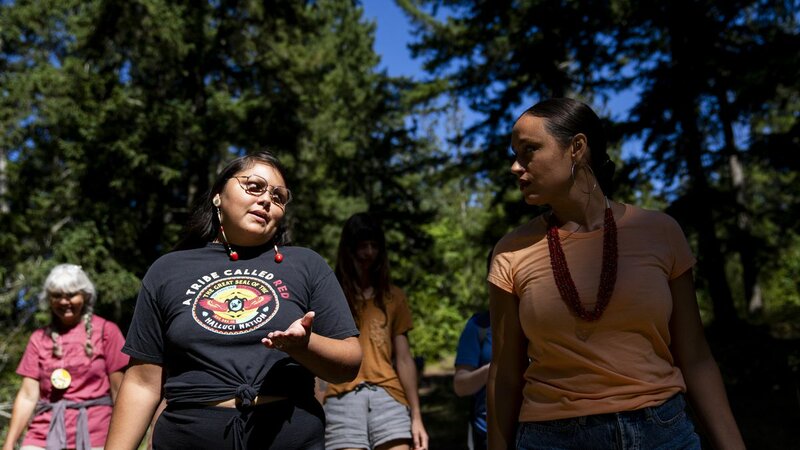Posted on Sep 1, 2023
Native nations share knowledge and find support at weeklong tribal climate camp in Washington
533
4
1
3
3
0
Posted >1 y ago
Read This Next



 Native Americans
Native Americans State of Washington
State of Washington Climate Change
Climate Change


